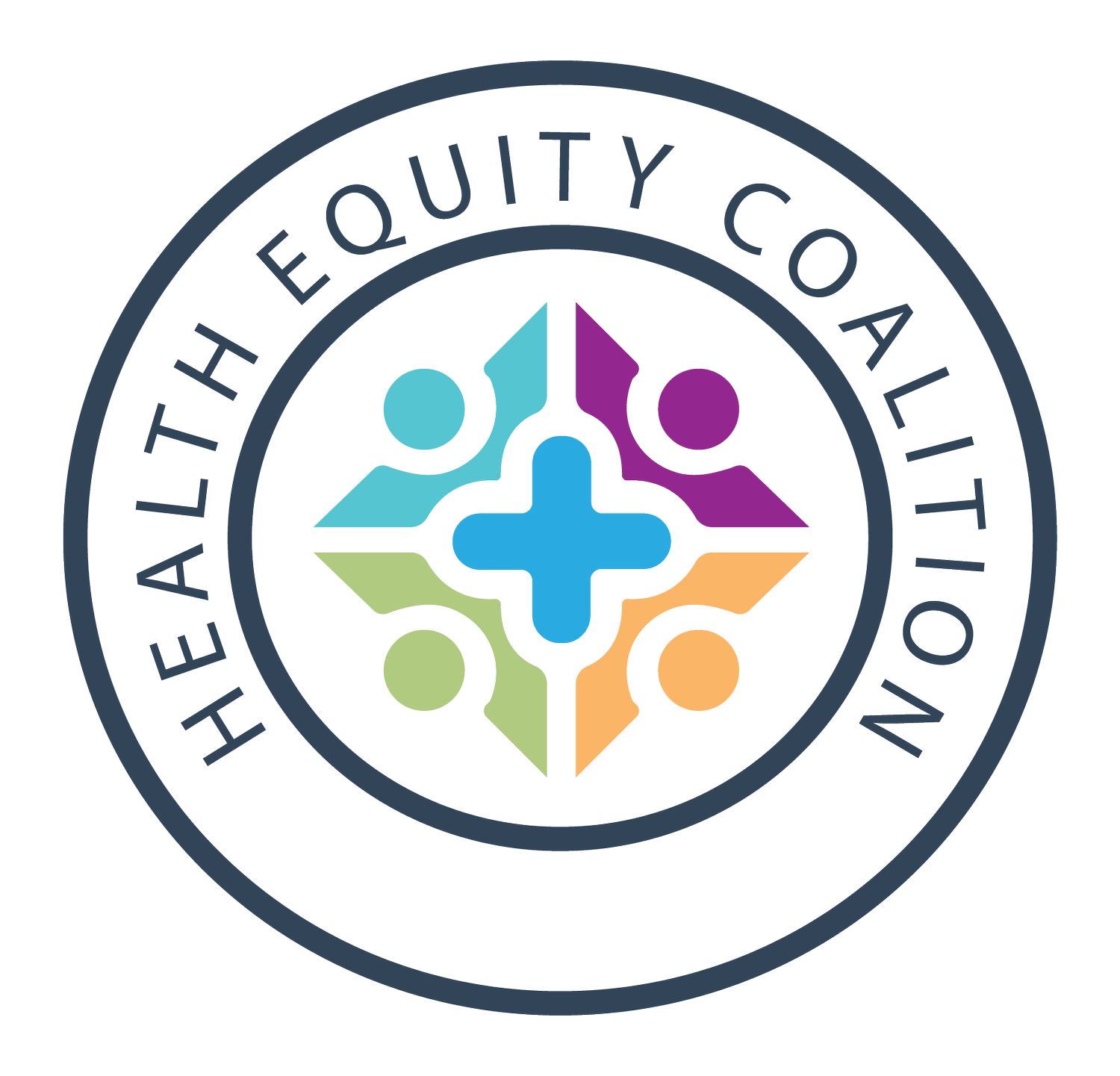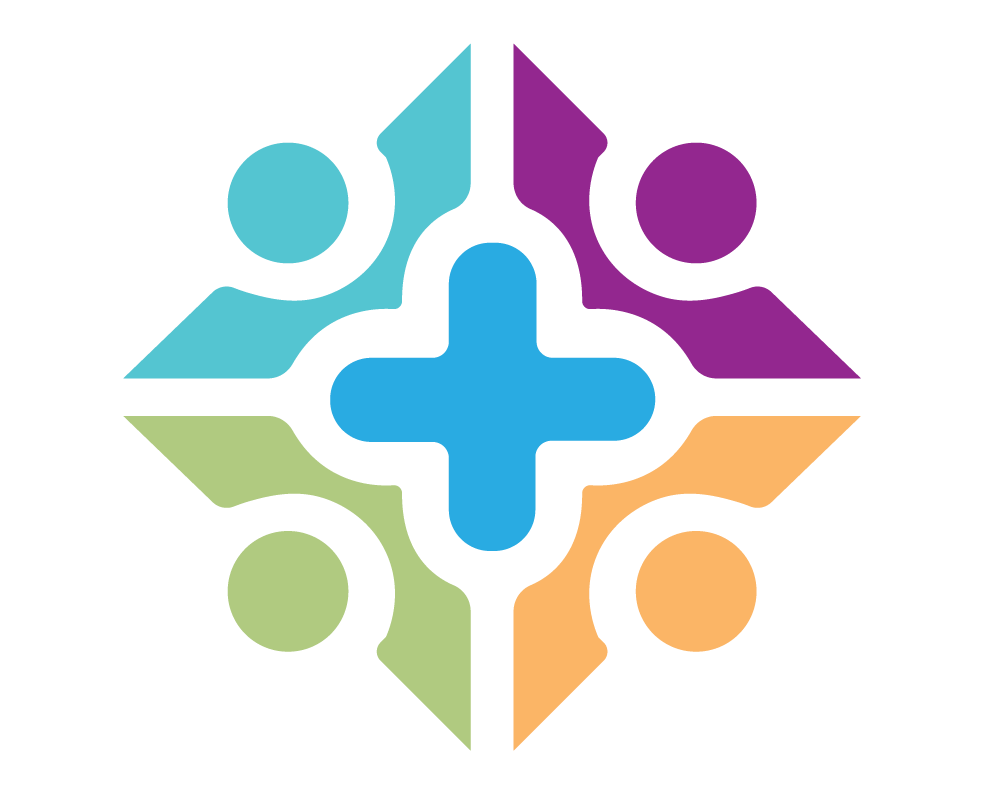Inclusion: philanthropy based on trust
Unlike many other nations, the United States largely relies on philanthropy to close society’s yawning gaps in wealth, power, and opportunity. As with any system, that has both advantages and disadvantages. One disadvantage is that the money philanthropies distribute was accumulated through the very economic and social systems responsible for the gaps. So it’s hard for philanthropic leaders to operate equitably.
Unwittingly, they create barriers many grassroots groups can’t overcome. Community based organizations may not even know how to get in the door. Once they do, the application process may be too complex or confusing. The reporting requirements may consume too much time and energy. The emphasis on special projects rather than day-to-day activities may distort what gets done. The insistence that grantees become self-sustaining may be simply unrealistic.
It's hard for individual community organizations to point all this out. But unless someone does, change won’t happen. That’s why, since its inception, HEC has sought to build bridges between major funders and community-led organizations. We strive to be a friendly but honest voice, reflecting to funders how they can broaden and deepen their impact in historically marginalized communities.
In 2019, HEC spearheaded
Cutting Edge Philanthropy, a conference at UNC Asheville.
In 2022, we convened
Optimizing Equity at Asheville-Buncombe Technical College.
Coming Soon!
HEN & HEC present
Community Collaboration for Collective Impact
Change agents from throughout the region are invited to share insights and visions. Together, we will celebrate the wisdom and power of community-based leadership and strengthen the foundation for regional collaboration.
WESTERN CAROLINA UNIVERSITY
CULLOWHEE, NC | AUGUST 24,2024




